For 60 years we have been living together with the industrial farming model. The argument that has justified its development has always been closely linked to one supposed objective:
“To produce enough food to wipe out hunger in the world”.
However, the facts show that this agro-industrial model has generated more hunger and poverty in the world, while a handful of businesses get rich while:
- Poisoning the land, its aquifers and rivers, with the continued and exorbitant use of pesticides and dangerous chemical fertilizers.
- Dramatically reducing the planet’s great biodiversity of flora and fauna.
- Complicating the family farming model based on growing in small allotments resulting in the loss of age-old knowledge that comes with taking care of the earth.
- Promoting the migration of these same families to the suburbs of large cities to work in jobs unrelated to the land and nature.
- Monopolising and privatising the ownership of seeds at a worldwide level when, in family farming the family itself provides the seeds.
- Generating a business based on transgenic seeds, pesticides and chemical fertilisers which produce illnesses in the humans and animals which consume them.
- Promoting a food sales model linked to the use of plastic containers which only benefit the oil industry, big companies and mass distribution chains.
- Thanks to this model, creating a large amount of rubbish which ends up in our rivers and seas making the situation of these nature reserves even worse.
- Wasting loads of energy producing food which is not going to be consumed and which will end up being thrown in the bin in houses or left in supermarket storerooms.
Ultimately, industrial farming in general and especially the agrochemical companies, cause endless ecological, social and cultural damage.
In fact, nowadays, 6 companies hold the power to control 63% of the world’s seeds and 100% of agrochemical products associated with crops: Monsanto, Syngenta, Du Pont, Dow, Bayer and Basf.
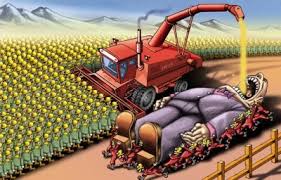
Photo: ecoportal.net
Moreover, these companies are teaming up to become even bigger and more reckless, as we can see from the recent unions between Bayer and Monsanto, or ChemChina with Syngenta.
And we will see even more of this type of business alliances between multinationals, aimed at creating monopolistic companies with the ability to buy governments, scientists, doctors, journalists, bloggers and, unfortunately, even some farmers.
The only thing that makes me happy about all this tragedy is the strength of the small.
Feeling like we are still free to choose not to participate in this destructive delirium.
Luckily, we still have the choice to decide whether the food we are going to consume are foods that finance the policies of these macro-corporations or foods originating from other, more local, management models, which are much more authentic and respectful with the earth and the relationships which exist on it.
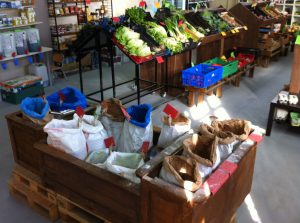
“EREIN DA JAN” consumers asociation
I firmly believe that we can live supporting LIFE and we can do so with happiness and determination. There are thousands of things which are within our reach and which we could start doing now, in any place at any time. What can we do?
What we can do with our shopping bag:
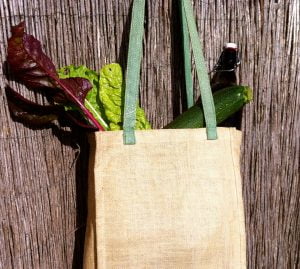 1.Consume products which are organic and/or from local family farms. You can find quality, good value for money products in markets, consumer groups or websites on the internet which are dedicated to delivering baskets of local organic products.
1.Consume products which are organic and/or from local family farms. You can find quality, good value for money products in markets, consumer groups or websites on the internet which are dedicated to delivering baskets of local organic products.
2.Avoid buying packaged products, because we do not need to create so much rubbish to feed ourselves.
3.When you buy products in the supermarket, look at the ingredients and the origin of the products. You should look for stamps guaranteeing fair trade, denomination of origin, or showing that the product is local.
4.Be careful, because food labels leave a lot to be desired. They are intentionally incomplete and misleading and big companies (and some small ones) omit a lot of information (origin, use of transgenics, etc.). So, in case of doubt, don’t buy the product and that’s that!
5.Reduce the consumption of fruit and vegetables that travel thousands of miles to reach us at any time of the year and increase your consumption of fresh, locally grown, in season products.
What we can do at home or in the garden:
1.Germinate, cultivate or plant everything possible on your balcony, your window sill or in your garden: flowers for the bees, vegetables, medicinal plants…Surround yourself with life!
2.Use organic, locally produced seeds in pots and vegetable plots.
3.Join an urban or peri-urban garden collective.
4.Fertilise the ground and protect it from plagues using traditional, organic methods. Contaminating the earth is never an intelligent option.
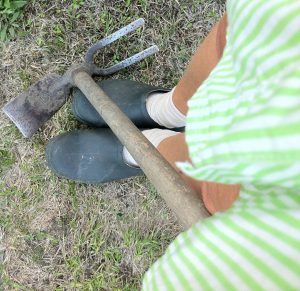
My little hoe and me
I would like to take advantage of this article to share some personal feelings.
When I go shopping with my shopping bag in my hand, I feel powerful. I know I can improve the world around me using ethical criteria when I buy.
When I have a hoe in my hand, I feel even better, because I feel the freedom of producing my food organically and getting back in touch with Mother Earth.
As you can see, any small gesture when we are out shopping for food or planting it in a way which is responsible and respectful to the environment, is a big step towards a better world.
Food sovereignty is everyone’s basic right which should be defended and protected.
Would you like to help?


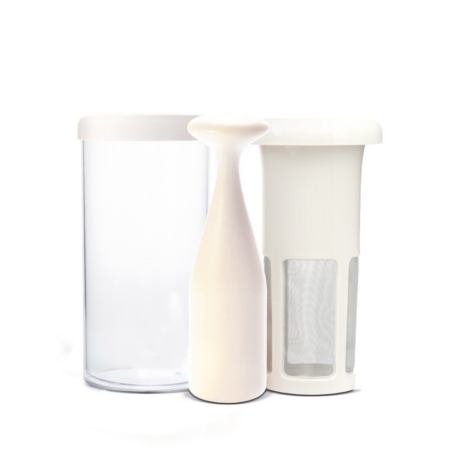
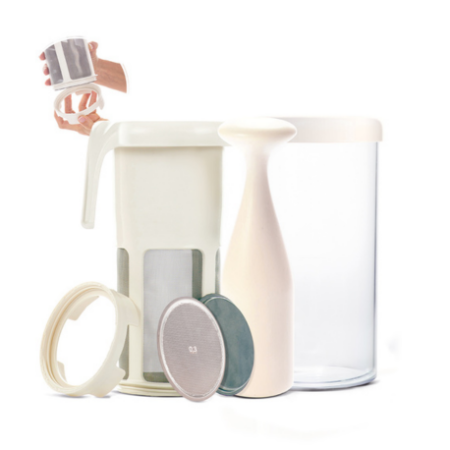
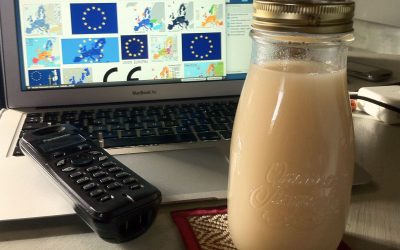
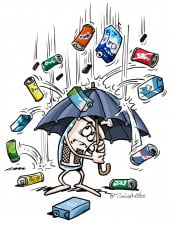

0 Comments